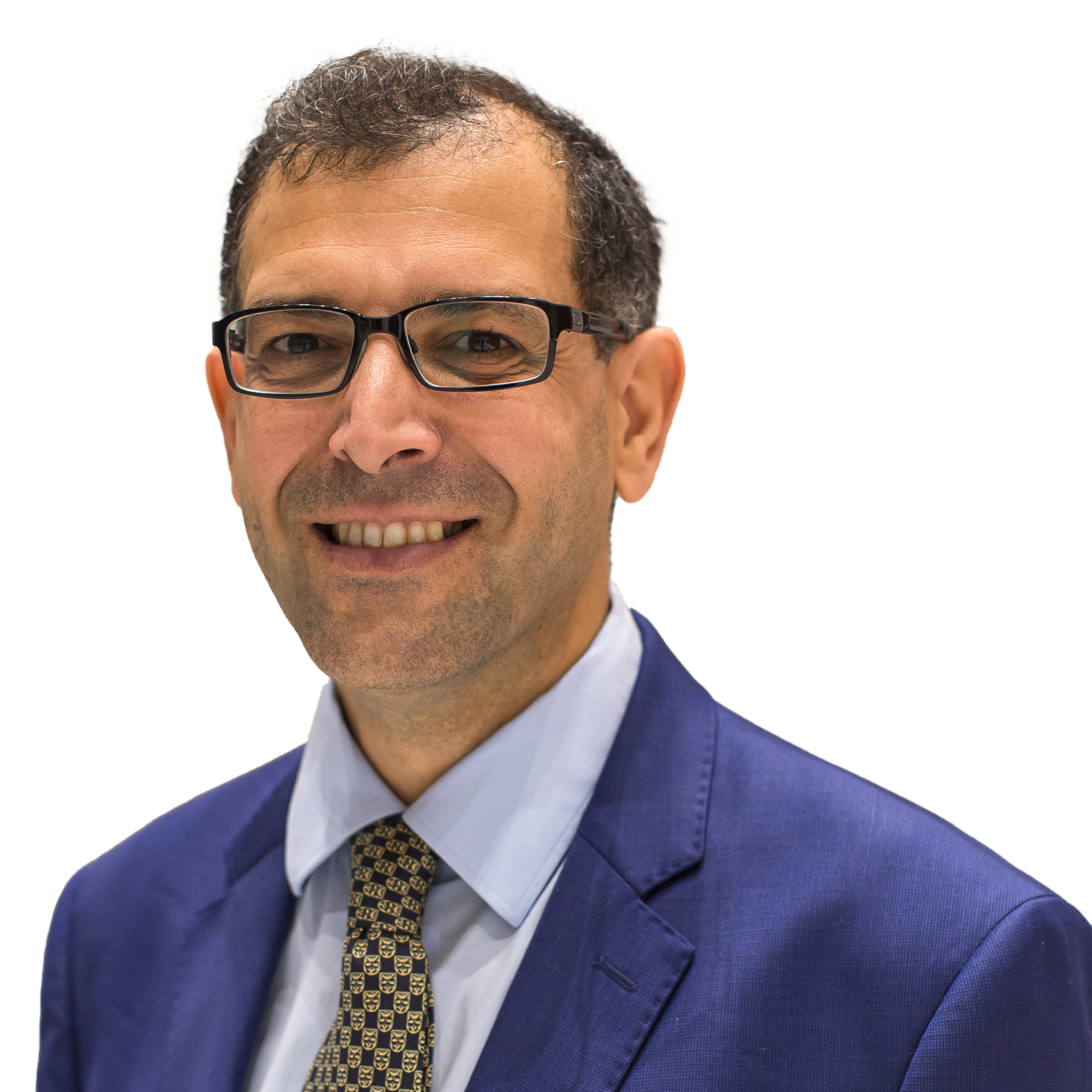As Global vice president, I am focused on building on the success of the current global strategy to develop the new strategy from 2025. As I take over as the interim registrar, I recognise and reflect on the discussions and debates on the events leading to the EGM and the way forward. The process of learning is central to all of this.
In my introductions to the monthly Global newsletters, I explored and reflected on the power of communities, embracing 'aggregation of marginal gains' for global impact, design thinking, system thinking, and ‘system thinking to system change’. But what about learning systems?
Today's organisations, especially those tackling complex issues such as healthcare, education and research, face an ever-growing labyrinth of complexity. Reactive learning methods don't cut it.
Learning systems foster the continuous acquisition of knowledge and improvement, collaboration and data utilisation to inform decision-making. For those systems to succeed, we need to appreciate the following perspectives:
- Rapidly evolving landscapes: patient needs and clinical best practices change, educational needs shift and influencing strategies require constant adjustment. Therefore, learning systems need to constantly stay ahead of the curve of developments.
- Collaboration: learning systems break down silos and encourage dialogue and discussion, share best practices and collaborate on solutions with a wider network.
- Data-driven decision-making: learning systems use data to track progress and identify gaps. In our day and age, there are many data points. How you connect these systems to generate knowledge and insight is what gives us the edge in development. Collecting data points for its own sake is not a guarantee for success. Many of our hospitals use electronic health records, which generate millions of data points every day. Most of those data points are stored in servers, which then generate heat and global warming, rather than new insights.
In developing the new global strategy, we remain focused on the role of the RCP as a driver in educational, clinical and personal development for physicians and healthcare worldwide. We organised several stakeholder engagements over the past 6 months, the latest of which took place at Med24. Themes emerging centre around support of international medical graduates and the Medical Training Initiative (MTI), growing interest in global projects towards sustainable development, faculty development, educational events and conferences. The RCP’s three strategic priorities of education, improving healthcare and influencing design and delivery of healthcare align with developing people, partnerships and the planet for a thriving community of physicians as leaders and members of a wider multidisciplinary team.
The way forward after the EGM centres on learning, refocusing, refreshing and resetting. To move forward, we should learn and use the learning to drive further action. The short-life working group, chaired by RCP vice president for Wales Dr Hilary Williams, has been meeting since its formation last month and is due to report to Council this month. The independent King’s Fund review commissioned to look into the context leading up to the EGM and the survey data management issues will also report in due course. Dr Mumtaz Patel, senior censor and vice president for education and training, wrote last month on the new education strategy and how it will support the next generation of physicians. These workstreams cannot function in isolation and do rely on feedback, data and collaborative work with members, national stakeholders and partners.
The theme of Med24 conference was the ‘future of medicine’, which brought us together to learn, communicate and debate many topical issues in healthcare, education and policy. There have been many conversations on the challenges of providing healthcare after the pandemic, workforce challenges and looking ahead at the future. It was wonderful to participate in marking abstracts presented by our next generation of doctors on topics ranging from quality improvement projects, how to improve access to TB care, machine learning in healthcare, codesign and sustainable quality improvement in global health.
With looking ahead comes reflection – and learning from the past and present. What we do now influences the future. Learning is a continuous process.






